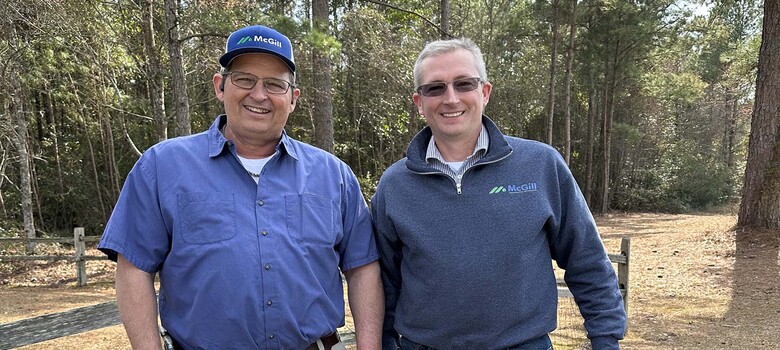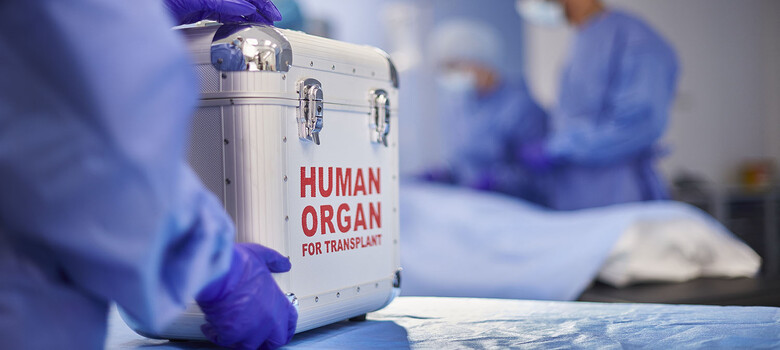Living Kidney Donations Help Black People with Kidney Disease Get Transplanted Faster

Black Americans are more likely to experience kidney failure and less likely to receive a transplant from a living donor than non-Black people. That racial disparity is a concern, said Dr. Lisa McElroy, MD, a transplant surgeon at Duke Health, because having a living donor can get you off dialysis sooner and help you improve your health and quality of life faster. Why the discrepancy between Black and non-Black patients? A lot has to do with a lack of information about the benefits of living donation and concerns about the health of the living donor. Here, Dr. McElroy explains what you should know if you need a kidney or are considering donating yours.
You’ll Be Healthier Faster with a Kidney from a Living Donor
Having a living donor can save you from enduring years of dialysis. That’s because you can schedule your surgery much sooner with a living donor than if you are on the waiting list for a kidney from a deceased donor. Living donor kidneys are also generally healthier than kidneys from deceased donors. “We know that living donor kidney transplants last longer and give patients a better quality of life than deceased donor transplants,” Dr. McElroy said.
Don’t Be Afraid to Ask
As a patient with kidney disease who needs a transplant, you are responsible for identifying your own donor and making the ask. That prevents some kidney patients from reaching out to a potential donor because they are hesitant to tell others they have kidney disease. It’s important to know that chronic kidney disease affects almost 15% of people in the U.S., Dr. McElroy said. Patients should know you’re not alone.
Your Donor’s Health Is as Important as Yours
It’s also common for people to shy away from asking about donation because they’re concerned about the health of their donor. Dr. McElroy says she hears this frequently from patients. “They worry about the wellbeing of their donor and want to know that the transplant center will put the safety of their donor above the need to do the transplant.”
Recipients can rest assured that when someone becomes a donor, “they become our patient, so we take responsibility for their care.” Every donor is thoroughly screened to make sure they are healthy enough to donate their kidney and thrive after surgery. We also make sure their kidney is healthy enough for you, the recipient.
Anyone Willing and Healthy Can Be Your Donor
The relationship between donor and recipient often expands well beyond family members. “I have done transplants with co-workers, neighbors, church friends, Facebook friends, and people who met through GoFundMe,” said Dr. McElroy. The most important qualification for being a living donor is to be willing.
Your Donor’s Race Doesn’t Matter
Race is not a factor when it comes to matching with a donor. “The primary consideration is blood type, and even if there’s not a match, you have options,” Dr. McElroy said. “In some cases, the recipient and donor can receive treatments before and after transplant to allow for a safe donation.” Another option is Duke’s paired exchange program in which you receive a kidney from someone else’s donor, and that recipient receives your donor’s kidney.
As a Donor, You’ll Feel Better by Helping Someone in Need
For potential donors, in addition to doing something incredibly wonderful for the recipient, your gift benefits their whole network, said Dr. McElroy. “Donating a kidney increases the time patients can spend with their family and friends and be an active community member, and it improves the quality of that time.”




